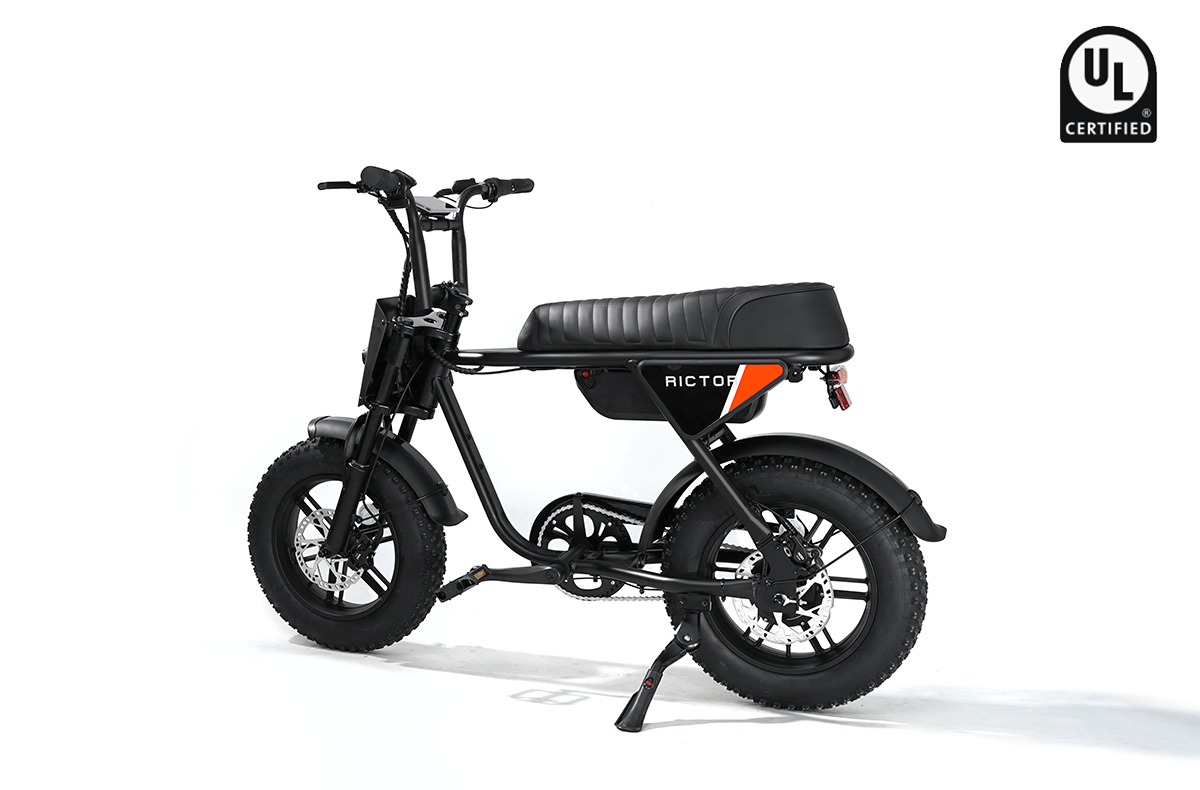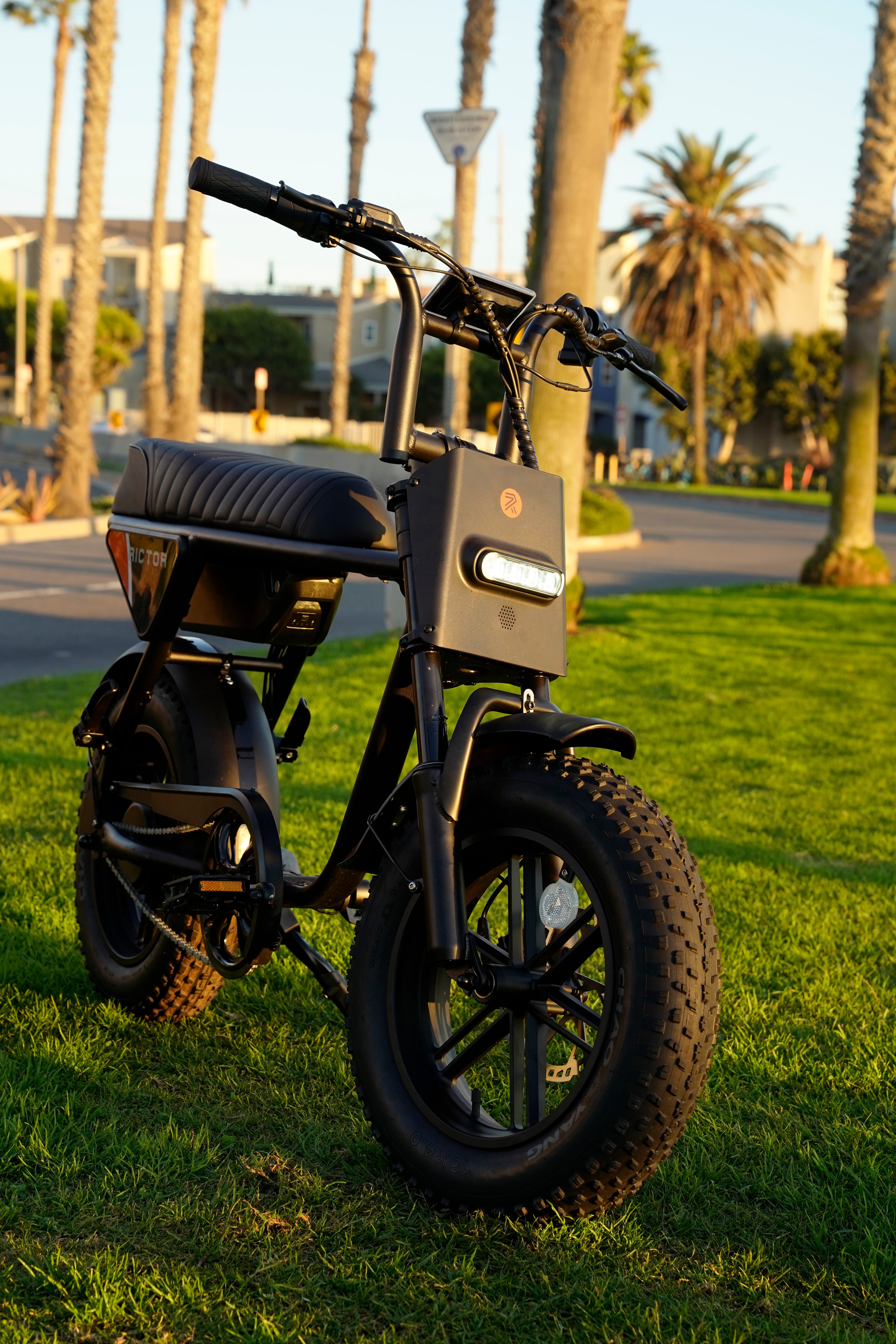
Do All Electric Bike Chargers Work with Any Ebike?
Electric bikes have become an integral part of modern transportation, offering an eco-friendly and efficient alternative to traditional vehicles.
As more people embrace this technology, questions arise regarding the compatibility of electric bike chargers.
Electric Bike Batteries
At the core of the electric bike charging discussion is the battery itself. The type of battery used in an electric bike significantly influences the kind of charger required.
Most modern ebikes use rechargeable batteries, with lithium-ion batteries being the most prevalent due to their high energy density and lightweight properties.
Lithium-ion (Li-ion) batteries are favored for their efficiency and long lifespan.
They offer a high energy-to-weight ratio, making them ideal for ebikes where weight is a critical factor.
However, they require precise charging parameters to maintain their health and prevent degradation.
Overcharging or using an incompatible charger can lead to reduced battery capacity or even safety hazards like overheating.
Each battery comes with specific voltage and capacity ratings, usually expressed in volts (V) and ampere-hours (Ah) respectively.
Common ebike battery voltages include 24V, 36V, 48V, and 52V.
The capacity determines how much charge the battery can hold, influencing the ebike's range. A higher Ah rating means the battery can power the bike for a longer distance before needing a recharge.

SEE ALSO Top 11 Tips for Buying an Electric Bike
Are Electric Bike Chargers the Same
The simple answer is no; electric bike chargers are not universally the same. Several factors contribute to this lack of uniformity, including voltage requirements, amperage, connector types, and smart charging features.
Voltage Requirements
Voltage compatibility is paramount when it comes to charging ebike batteries. Chargers are designed to match the specific voltage of a battery.
For instance, a 36V battery typically requires a charger that outputs around 42V due to the charging thresholds needed to fully charge a lithium-ion battery.
Using a charger with a different voltage rating can result in undercharging or overcharging, both of which can harm the battery's health.
Amperage and Charging Speed
Amperage, measured in amperes (A), affects how quickly a battery charges. A charger with a higher amperage can charge a battery faster.
Charging too quickly can generate excessive heat, potentially damaging the battery cells.
Manufacturers specify the optimal charging current for their batteries to balance charging speed with battery longevity. It's crucial to use a charger with an amperage rating that aligns with the battery's specifications.
Connector Types
Ebike chargers come with various connector types, which are not universally compatible. Common connectors include:
-
DC Barrel Plugs: Varying in size and pin configuration, requiring exact matches.
-
XLR Connectors: Typically three-pin connectors found in some ebike models.
-
Proprietary Connectors: Custom-designed by manufacturers to fit specific models.
Using a charger with an incompatible connector can prevent charging or cause electrical issues. Even if the connector fits physically, the wiring and pin configuration might differ, leading to potential damage.
Smart Charging Features
Modern ebike chargers often include smart features that communicate with the battery's Battery Management System (BMS).
The BMS monitors battery health, temperature, and charging status, adjusting the charging process to optimize efficiency and safety.
Chargers without these smart features may not charge the battery effectively or safely, highlighting the importance of using the correct charger for your ebike.

Are Ebike Chargers Universal
Given the differences in battery specifications and charger features, ebike chargers are not universal. The reality is that using a charger not specifically designed for your battery can lead to suboptimal performance or even safety hazards.
Many ebike manufacturers produce chargers tailored to their specific battery systems.
These chargers are designed to match the battery's voltage, amperage, connector type, and charging algorithm.
Using the manufacturer-recommended charger ensures compatibility and maintains the warranty.
It also guarantees that the charger includes the necessary safety features to protect both the battery and the user.
While aftermarket or "universal" chargers are available, they come with risks.
These chargers may claim compatibility with various ebike models but might not perfectly match the specific requirements of your battery.
Inaccurate voltage or amperage ratings, incompatible connectors, or lack of smart charging features can lead to inefficient charging or damage.
If considering an aftermarket charger, it's essential to verify that it meets all the specifications outlined by your ebike manufacturer.

Risks of Using Incompatible Chargers
Using a charger that doesn't match your ebike's battery specifications can have several negative consequences.
Incompatible chargers can cause overcharging or undercharging. Overcharging can lead to excessive heat buildup, causing the battery to swell, leak, or even catch fire.
Incorrect voltage or amperage can result in electrical shorts, overheating, or explosions.
Chargers lacking proper safety certifications may not have essential features like overcurrent protection, increasing the risk of accidents.
Manufacturers typically specify that only approved chargers should be used with their batteries.
Using an incompatible charger can void the warranty, leaving you unprotected in case of battery failure or damage.
How to Determine the Right Charger for Your Ebike
Selecting the correct charger involves several steps to ensure compatibility and safety.
Check the Battery Label
The battery should have a label indicating its voltage (V) and capacity (Ah). Use these specifications to find a charger with matching voltage and appropriate amperage.
Consult the User Manual
The ebike's user manual will provide detailed information about the recommended charger specifications, including voltage, amperage, and connector type. It may also list approved charger models or part numbers.
Verify Safety Certifications
Ensure that any charger you consider has the necessary safety certifications, such as UL (Underwriters Laboratories) or CE (Conformité Européenne). These certifications indicate that the charger meets specific safety standards.
Benefits of Using the Correct Charger
Using the appropriate charger offers several advantages:
-
Optimal Performance: Ensures the battery charges fully and efficiently, providing the maximum range and power output.
-
Extended Battery Life: Proper charging practices maintain battery health, prolonging its lifespan.
-
Safety: Reduces the risk of overheating, fires, or electrical malfunctions.
-
Warranty Protection: Keeps the manufacturer's warranty intact, protecting your investment.
Tips for Safe Ebike Charging
To further enhance safety and battery longevity, consider the following tips:
Charge in a Safe Environment
Always charge your ebike in a dry, cool area away from flammable materials. Avoid charging in extreme temperatures, as this can affect battery performance and safety.
Monitor the Charging Process
While modern chargers often have automatic shut-off features, it's good practice to keep an eye on the charging process. Unplug the charger once the battery is fully charged to prevent overcharging.
Use Original Accessories
Whenever possible, use the charger and accessories provided by the manufacturer. These components are designed to work together seamlessly, ensuring optimal performance and safety.
Regularly Inspect the Charger and Battery
Periodically check for signs of wear or damage. Frayed cables, cracked housings, or loose connectors can pose safety risks and should be addressed immediately.
Conclusion
While the convenience of a universal ebike charger is appealing, the reality is that electric bike chargers are not universally compatible.
Differences in voltage requirements, amperage, connector types, and smart charging features mean that using the correct charger for your specific ebike is essential.
FAQs
What happens if I use an incompatible charger?
Using an incompatible charger can result in overcharging, undercharging, or damaging your battery. It may also pose safety risks like overheating, fire, or explosions.
How do I determine the right charger for my ebike?
Check your ebike's user manual or the specifications on the battery label. Ensure the charger's voltage, amperage, and connector type match your battery's requirements.
Can I use a charger from a different ebike brand?
Unless the charger's specifications exactly match your battery and it's approved by your ebike's manufacturer, it's not recommended to use a charger from a different brand.



